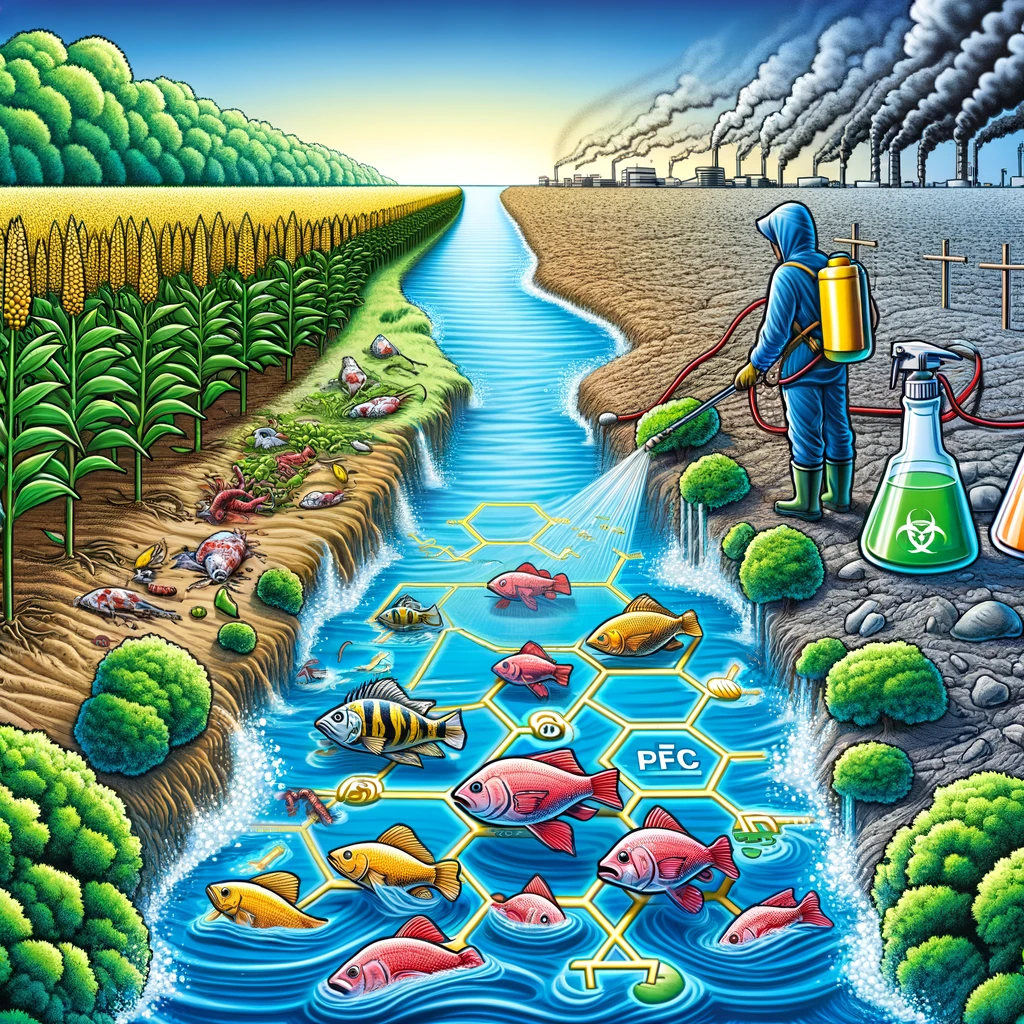By CASC4DE November 28, 2024

🌍 The European Commission has taken a significant step by proposing a ban on the PFAS pesticide flufenacet. This marks an important milestone in the ongoing efforts to phase out substances with persistent and harmful impacts on the environment and human health.
Despite being designated a “candidate for substitution” in 2015, flufenacet’s approval has been prolonged repeatedly, with a final decision expected at the December SCoPAFF meeting. 49 environmental and public health organizations, including PAN Europe, are advocating for an immediate ban, emphasizing the herbicide’s harmful legacy of endocrine disruption, neurotoxicity, and water pollution.
💡 Flufenacet, a widely used herbicide, is under intense scrutiny due to its environmental and health risks, as confirmed by the European Food Safety Authority (EFSA). This herbicide has been found to meet the EU’s criteria for endocrine-disrupting chemicals, which can interfere with human hormonal systems, potentially leading to developmental, reproductive, and metabolic disorders.
In addition to its health impacts, flufenacet decomposes into trifluoroacetic acid (TFA), a persistent PFAS pollutant linked to water contamination across Europe. Studies show that TFA is found even in remote, pristine water sources, posing risks to both human consumption and aquatic ecosystems. EFSA’s recent findings also highlight neurotoxic properties of flufenacet, adding to concerns about its safety.
🔗 For more information on flufenacet’s risks and the ongoing regulatory debate, visit PAN Europe’s press release and read the complete EFSA report.




